Reports suggest Trump’s return to office may include a controversial military policy impacting transgender service members.

The United States is bracing for a series of sweeping policy changes as President-elect Donald Trump prepares to return to the White House.
Anticipation is high as whispers of significant executive orders circulate, with one potential decision already sparking fierce debate nationwide.
The U.S. military is currently grappling with a severe recruitment crisis, falling short by 41,000 recruits last year.
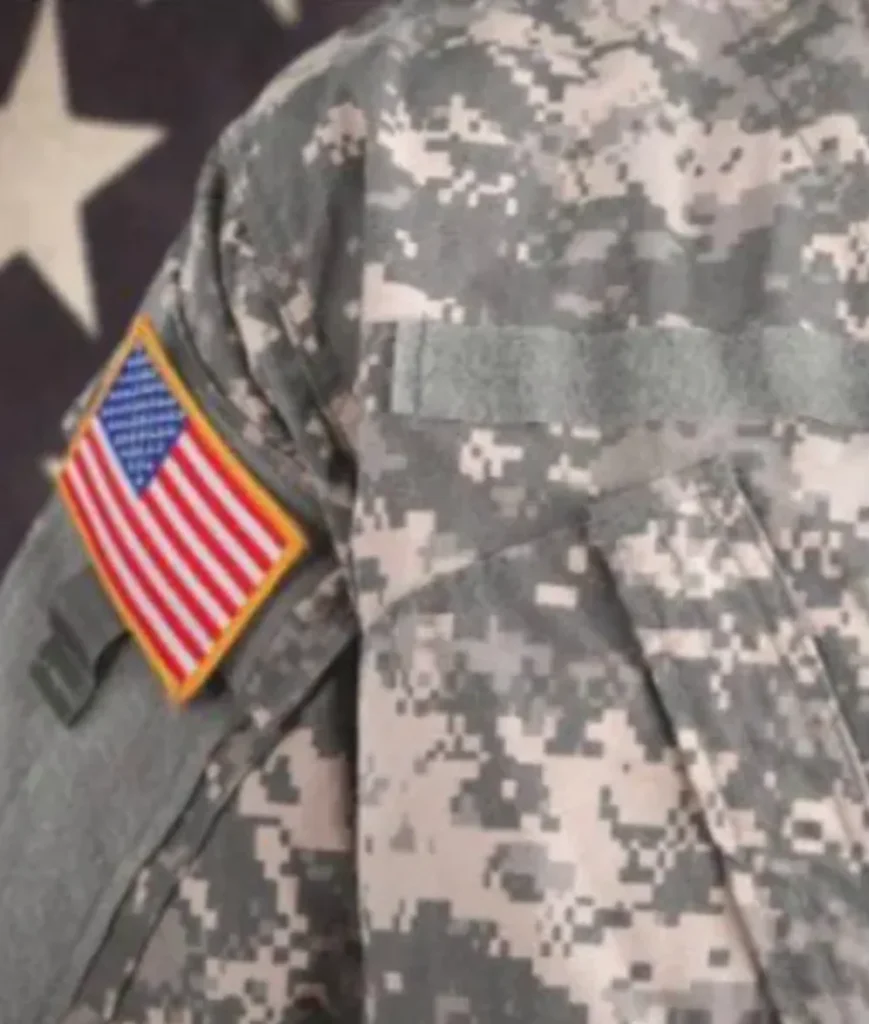
Only the Marine Corps has managed to meet its recruitment targets, while other branches, like the Army and Navy, continue to face significant challenges.
This recruitment shortfall has led to concerns about the military’s readiness to address emerging global threats and maintain operational effectiveness.
As the armed forces struggle to fill critical roles, sources indicate that Trump’s administration could introduce measures impacting military personnel.

Advocacy groups are particularly worried about policies that might reverse inclusivity efforts implemented during the Biden administration.
Under President Joe Biden, previous restrictions on transgender individuals serving in the military were lifted, allowing thousands to contribute openly.
This policy shift was seen as a victory for equality and a recognition of the valuable roles transgender service members play in the armed forces.
However, insiders suggest that President-elect Trump’s administration may undo these advancements as part of a broader rollback of civil rights protections.
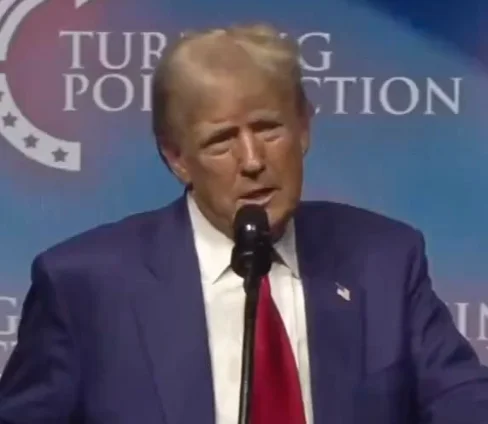
During his first term, Trump declared in 2017 that the military would no longer “accept or allow” transgender individuals, citing “tremendous medical costs and disruption.”
The resulting ban, which took effect in 2019, faced widespread criticism and legal challenges before Biden overturned it in 2021.
Reports now indicate that Trump’s planned policies could extend beyond recruitment bans to include the removal of transgender individuals currently serving.
If enacted, this policy would forcibly discharge approximately 15,000 transgender service members, sparking widespread concern among experts and advocates.
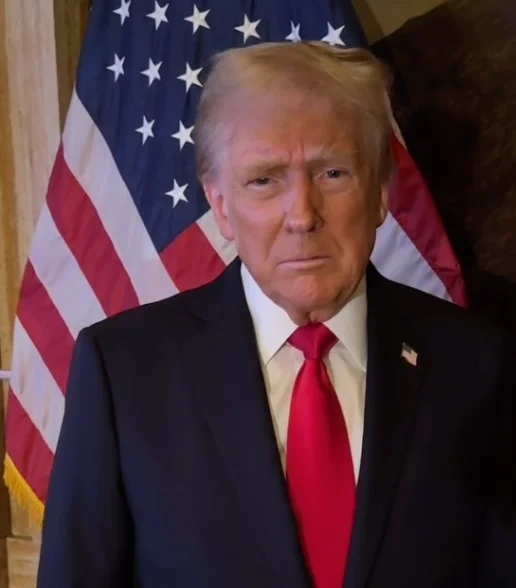
Rachel Branaman, executive director of the Modern Military Association of America, warned of the potential damage such a policy could inflict.
“Banning trans people from the military would undermine the readiness of the military and create an even greater recruitment and retention crisis,” she stated.
Branaman added that abruptly discharging these personnel would harm unit cohesion, aggravate skill gaps, and create vulnerabilities for America’s adversaries.
The financial cost of such a decision is also under scrutiny, with experts suggesting it could take decades and billions of dollars to recover lost experience and leadership.
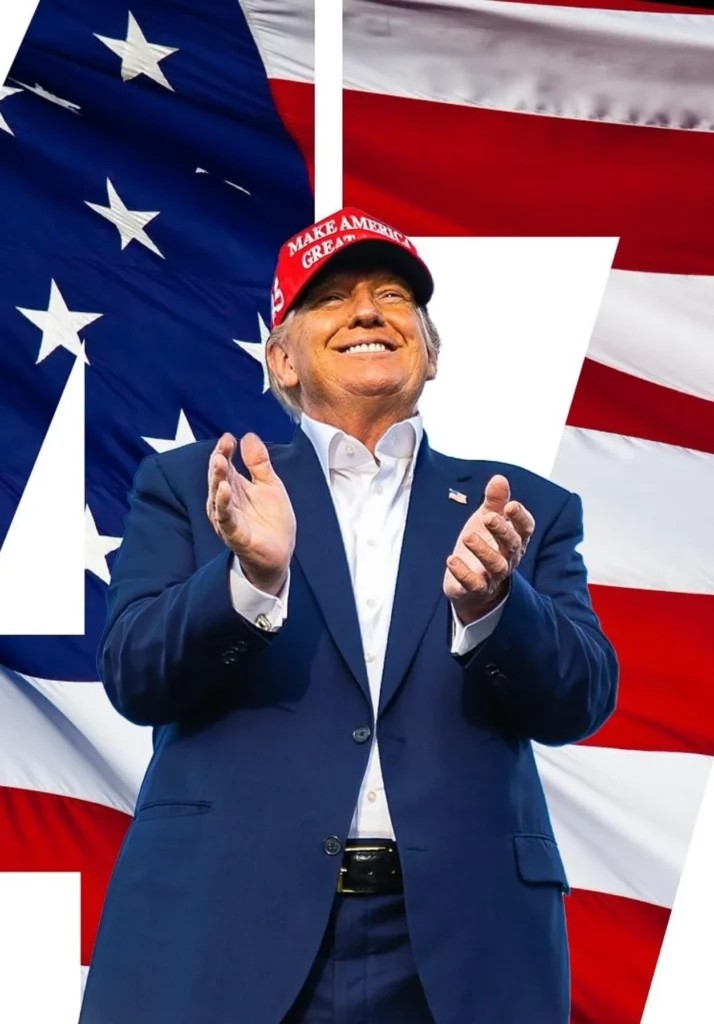
Paulo Batista, a transgender analyst in the U.S. Navy, emphasized the operational impact of such a policy on already stretched units.
“You take 15,000 of us out — that’s 15,000 leadership positions. Every one of us plays a vital role,” Batista said.
He highlighted the difficulties in filling these roles, noting that replacing experienced personnel could take “months or even years.”
Further fueling speculation is Trump’s nomination of Pete Hegseth, a former Fox News host, as Secretary of Defense.
Hegseth has previously supported the transgender ban and criticized “weak” military leadership, raising concerns among advocates for inclusivity.
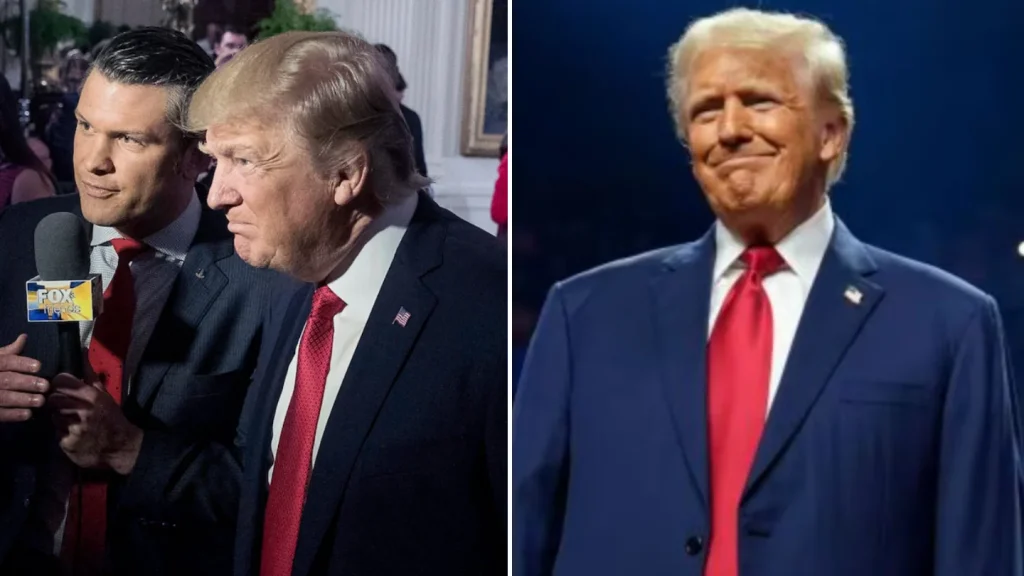
While the Trump transition team dismissed speculation as baseless, they have not issued a clear denial regarding the rumored policy changes.
“No policy should ever be deemed official unless it comes directly from President Trump or his authorized spokespeople,” said incoming press secretary Karoline Leavitt.
The spotlight now turns to January 20, the day of Trump’s inauguration, when these executive orders are expected to be unveiled.
If reports are accurate, Trump may sign an order expelling all transgender individuals from the military, a decision that could redefine his second term.
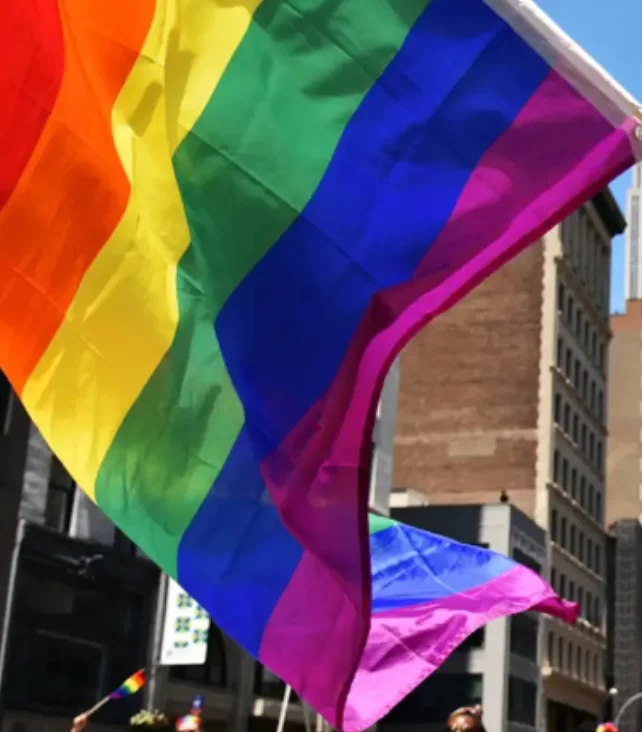
Such a move would not only impact military readiness but also mark a significant rollback in LGBT+ rights within the United States.
As the nation awaits official confirmation, the debate underscores the high stakes involved in balancing military needs with civil rights protections.
Featured Image Credit: (Skynews)



